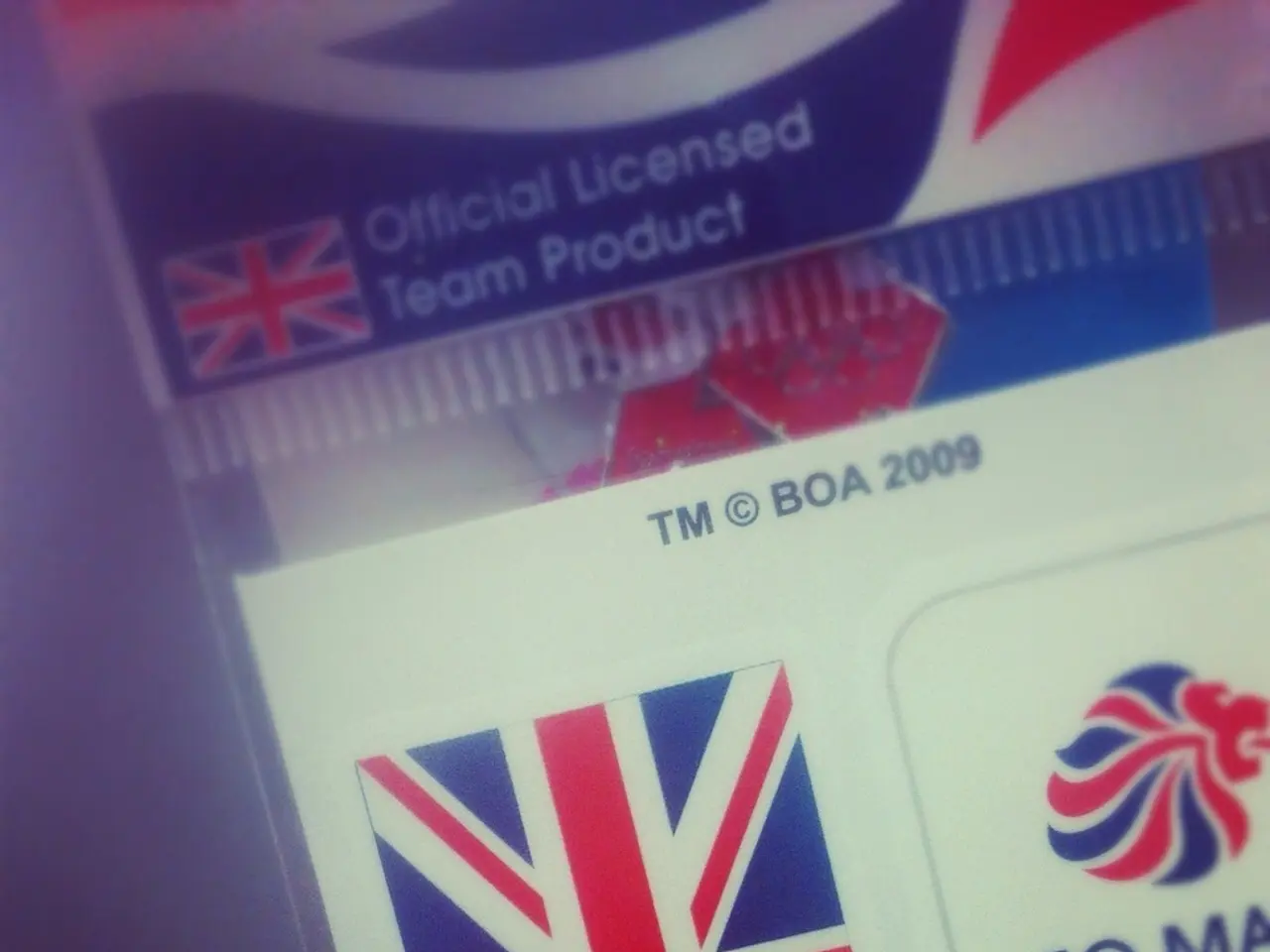Multiple urban areas are pushing for the issuance of distinctive city-specific license plates - Smaller communities push for individualized license plate designs
German Cities Pursue Unique License Plates to Boost Local Identity and Marketing
A group of over 70 mayors from various German states have appealed to the Transport Ministries in Baden-Württemberg, Bavaria, North Rhine-Westphalia, and Hesse, seeking support to obtain unique license plates for their cities. The mayors believe that these municipal license plates could strengthen the regional identity of their municipalities and promote local marketing without incurring additional costs.
The mayors' joint letters follow a growing trend, with more than 100 cities across the country currently seeking their own license plates, according to Ralf Bochert, professor of economics and destination management at Heilbronn University. Bochert proposes that as many as 320 cities in Germany could potentially receive their own vehicle registration codes.
Cities such as Winnenden (Baden-Württemberg), Herzogenaurach (Bavaria), Rheine (North Rhine-Westphalia), and Bad Vilbel (Hesse) are among the signatories of this initiative. If these license plates are not already in use or immoral, they would be published in the Federal Gazette and could then be issued.
The process for smaller cities to obtain unique license plates involves several steps. First, regulatory adjustment is necessary at the Federal Ministry of Transport level. The Ministry would need to amend the vehicle registration regulations to include criteria and procedures for creating new city codes. The codes must be unique and compatible with the existing license plate format to avoid conflicts across regions.
Once approved federally, local vehicle registration authorities in these smaller cities could issue plates with the new codes, reflecting the origin of registration on the plates themselves. System updates would also be required, with databases and administrative systems used for vehicle registration needing to be updated to recognize and process the new codes.
Currently, German license plates follow a nationwide standardized system where the code prefix signifies the registration location. The introduction of new codes for smaller cities thus requires federal regulatory change; it is not solely a local decision.
If successful, the usual procedure would then be necessary, as with the reintroduction of old license plates. For example, the state of Baden-Württemberg could apply for the district of Böblingen to additionally use SFI and HBG for Sindelfingen and Herrenberg. This change would then have to be passed by the Bundesrat.
The mayors in Baden-Württemberg, including Minister of Transport Winfried Hermann (Greens), see this idea as a valuable opportunity. They believe that municipal license plates could make their places more visible and foster a sense of belonging among citizens. The mayors from Baden-Württemberg, in their letter to Minister Hermann, emphasize that these license plates could also promote local marketing without incurring additional costs.
- This initiative for unique city license plates in Germany, led by over 70 mayors, is not just about boosting local identity and marketing but also a step towards politics, as it requires changes at the federal level.
- The mayors from Baden-Württemberg, including Minister of Transport Winfried Hermann (Greens), see this idea as a valuable opportunity not only for promoting local marketing and fostering a sense of belonging among citizens but also for general-news headlines and discussions in the realm of community aid.






